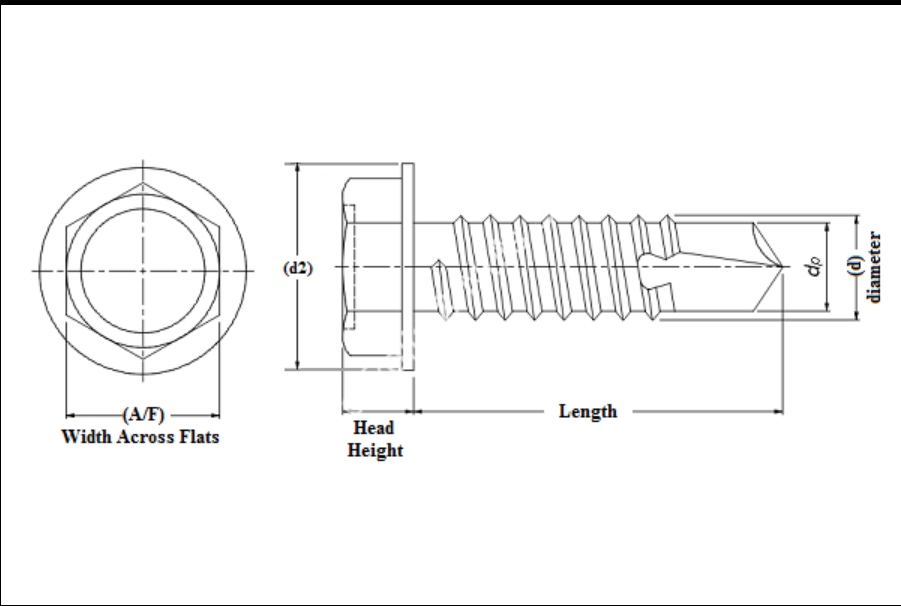custom lock nut vs lock washer
Understanding Custom Lock Nuts vs. Lock Washers A Comprehensive Guide
When it comes to securing components in mechanical assemblies, choosing the right fastening solution is crucial. Among the most popular options are lock nuts and lock washers. Each of these components serves the primary purpose of preventing loosening due to vibration and movement, yet they operate in distinct ways and are suitable for different applications. This article explores the differences between custom lock nuts and lock washers, helping you make an informed choice for your project.
What Are Lock Nuts?
Lock nuts are specialized fasteners designed to resist loosening under torque and vibration. They come in various designs, such as nylon-insert lock nuts, prevailing torque lock nuts, and even custom types tailored for specific applications. The most common type, the nylon-insert lock nut, features a nylon ring within the nut that grips the bolt threads, creating friction and preventing rotation. This design can withstand significant vibrations, making it a popular choice in automotive, aerospace, and industrial applications.
Custom lock nuts are specifically engineered to meet unique requirements. Whether it’s a specific material, size, or performance characteristic, custom lock nuts can be produced to satisfy the demands of specialized applications. They might incorporate unique features such as additional grooves for better gripping or modifications to accommodate particular environmental conditions, such as extreme temperatures or corrosive environments.
What Are Lock Washers?
Lock washers, on the other hand, are discrete components that serve primarily as a means to distribute load and provide a locking action to prevent bolts and nuts from loosening over time. They come in various forms, including split lock washers, toothed lock washers, and wave washers. The most commonly used split lock washer is designed with a split that allows it to spring against the fastening surface. When a bolt is tightened, the washer compresses, creating tension that resists loosening.
Lock washers are often used in conjunction with nuts and bolts, providing an additional level of security, especially in applications involving fluctuating loads. They are typically easier to install than custom lock nuts and can be applied to a wide variety of materials and surfaces.
Key Differences
custom lock nut vs lock washer

1. Functionality The primary difference lies in how they accomplish their goal of preventing loosening. Lock nuts achieve this with additional threads or mechanical design features, while lock washers provide a locking mechanism through mechanical tension.
2. Ease of Use Lock washers can be easier to install because they require only one component – no intricate threading or special design considerations. Lock nuts may require more precise torque settings to ensure proper securing without overtightening.
3. Application Flexibility Custom lock nuts can be adapted for very specific applications where standard fasteners may not perform adequately. In contrast, lock washers are generally more versatile across various assemblies, accommodating different bolt sizes and types.
4. Cost and Availability Custom lock nuts are often more expensive than standard lock washers due to the need for specialized manufacturing processes. For many common applications, standard lock washers may provide sufficient security at a lower price point.
When to Choose Which?
The choice between custom lock nuts and lock washers should be guided by the specific requirements of your application. If you are working in an environment subject to significant vibrations and require a robust fastening solution, a custom lock nut may be your best option. Conversely, if you need a quick, reliable fix that can accommodate various fittings, a lock washer might be the smartest choice.
Conclusion
In summary, both custom lock nuts and lock washers are essential fixtures in mechanical construction, serving to enhance the integrity and reliability of assemblies. By understanding their differences, functionalities, and appropriate applications, you can make informed decisions that optimize performance and safety in your projects. Whether you prioritize custom solutions or standard components, the right fastening method is paramount for success in any engineering endeavor.
-
Top Choices for Plasterboard FixingNewsDec.26,2024
-
The Versatility of Specialty WashersNewsDec.26,2024
-
Secure Your ProjectsNewsDec.26,2024
-
Essential Screws for Chipboard Flooring ProjectsNewsDec.26,2024
-
Choosing the Right Drywall ScrewsNewsDec.26,2024
-
Black Phosphate Screws for Superior PerformanceNewsDec.26,2024
-
The Versatile Choice of Nylon Flat Washers for Your NeedsNewsDec.18,2024










